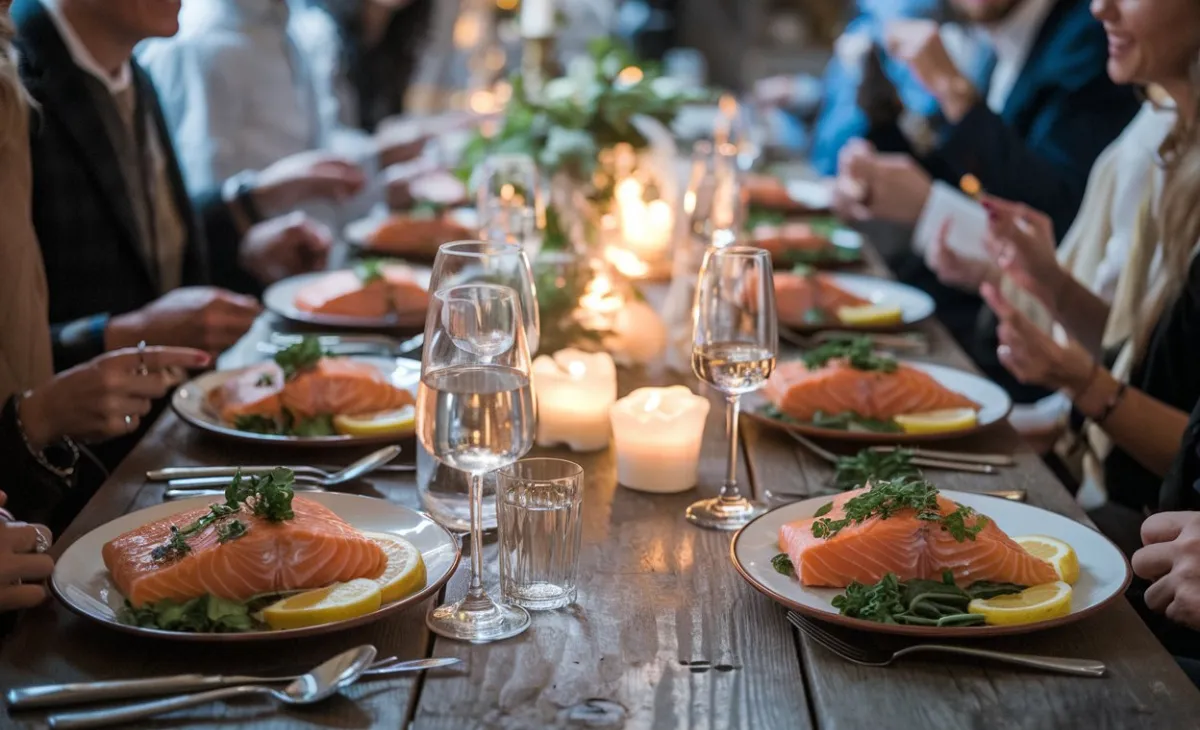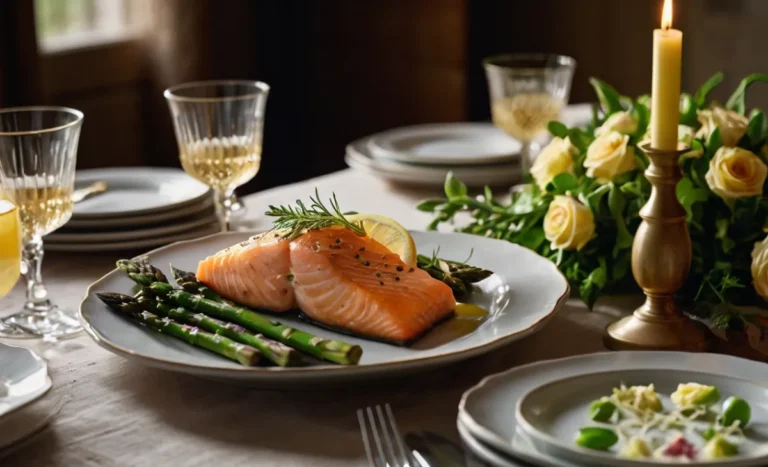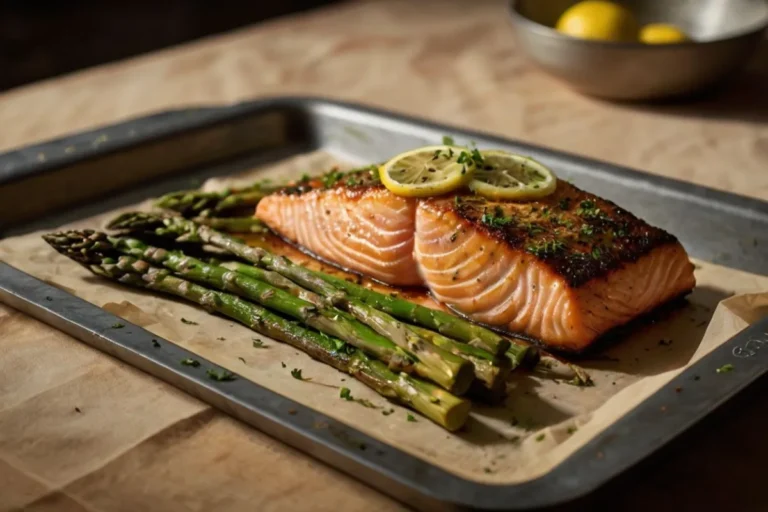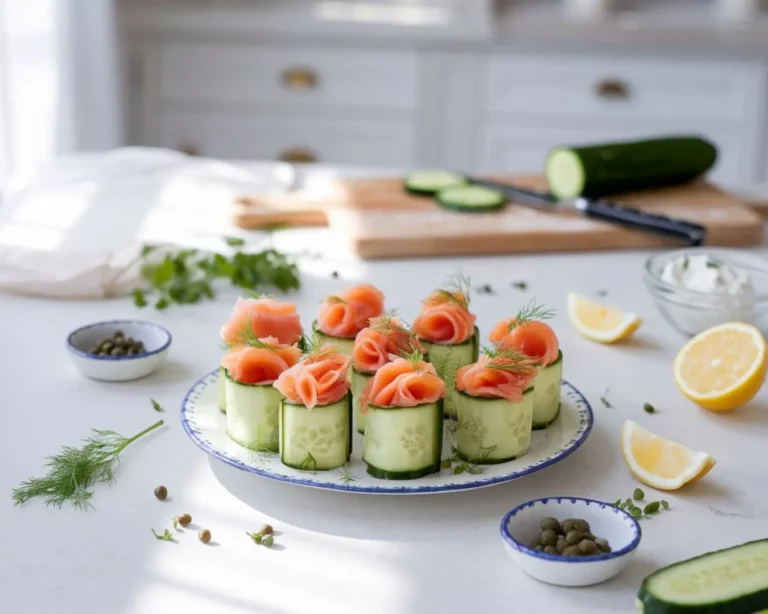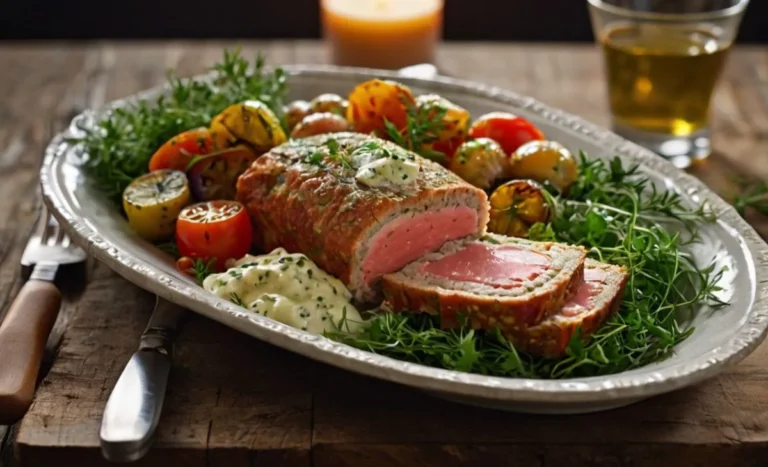How Much Salmon Per Person Do You Need for Different Occasions?
How Much Salmon Per Person? The Ultimate Guide for Every Occasion
Hosting a meal can be as exciting as it is nerve-wracking, especially when salmon is on the menu. Few dishes carry the elegance and universal appeal of salmon, but portioning it correctly is key to a successful gathering. Whether you’re preparing a simple family dinner, a celebratory feast, or even a buffet-style event, understanding how much salmon to serve per person ensures no one leaves hungry—or your fridge overflowing with leftovers. In this guide, we’ll break down everything you need to know to get the portions just right for every type of occasion.
Why Portioning Salmon Matters
The amount of salmon you serve plays a crucial role in the dining experience. If you overestimate, you could end up wasting both food and money. On the flip side, underestimating portions can leave guests unsatisfied and disrupt the balance of your meal. Several factors impact portion sizes, such as the type of salmon, how it’s prepared, and the nature of the event. Are you serving salmon as the centerpiece of the meal or as part of a larger spread? Is it a casual dinner or a formal occasion? These considerations are essential for determining the right amount of salmon per person.
General Guidelines for Salmon Portions
If you’re wondering how much salmon to buy, there are some general portioning rules you can rely on. For fresh fillets, the standard serving size is 6 to 8 ounces per person. This amount works well for most adults at a sit-down meal. However, if you know your guests are particularly hearty eaters or salmon lovers, you might want to aim for 10 ounces per person.
If you’re serving whole salmon, the calculations change slightly because you need to account for the bones and head. A good rule of thumb is to buy about 3/4 pound of whole salmon per person, which ensures there’s enough meat after the inedible parts are removed.
Table: Recommended Salmon Portions
| Salmon Type | Portion per Person | Notes |
|---|---|---|
| Fresh Fillet | 6–8 oz | Typical portion |
| Whole Salmon | 3/4 lb (raw) | Includes bones/head |
Portioning Based on Occasion
The type of event you’re hosting will influence how much salmon to prepare.
Casual Family Dinners
For a low-key family meal, aim for 6–8 ounces of salmon per adult and 4–6 ounces per child. This amount is perfect for a single-course dinner where salmon is the star. If you enjoy having leftovers, you can increase the portions slightly, as salmon reheats well and makes excellent next-day meals.
Formal Events or Holidays
When planning for formal gatherings, like holiday dinners or celebratory occasions, it’s best to serve 8–10 ounces per adult. Guests at these events often expect more generous portions, and the elevated setting calls for attention to detail. Keep in mind the variety of sides you plan to serve, as heavier accompaniments may reduce how much salmon your guests consume.
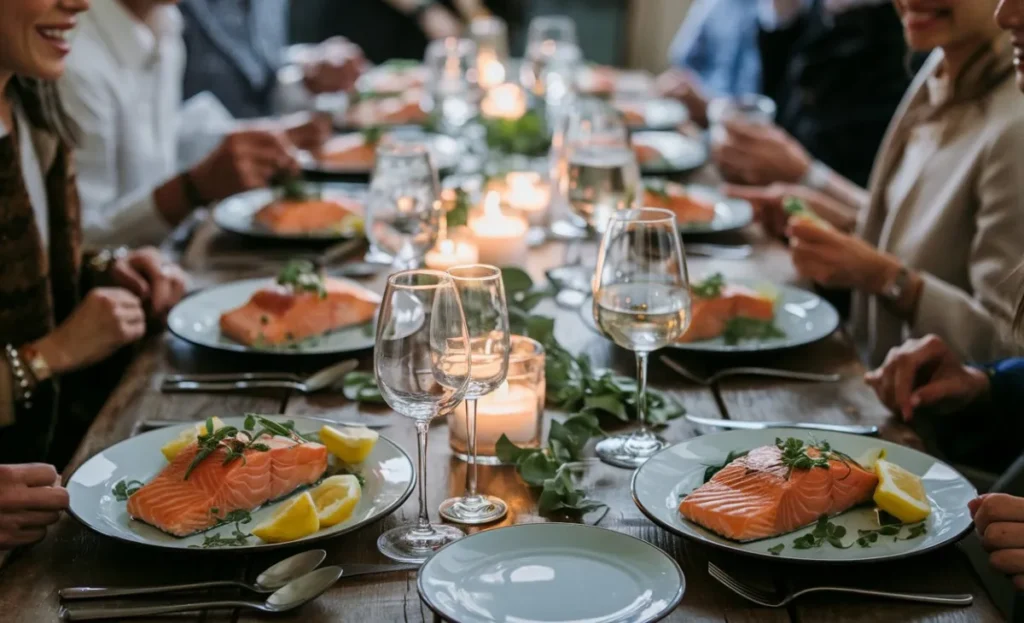
Adjusting Portions for Special Diets
Dietary needs and preferences can affect how much salmon you should prepare.
High-Protein Diets
If your guests are following high-protein diets, consider increasing portions to 10–12 ounces per person. Salmon is a nutrient-dense source of protein, omega-3 fatty acids, and essential vitamins, making it an ideal choice for health-conscious eaters.
Smaller Appetites
On the other hand, if you’re serving guests with smaller appetites or including salmon as part of a buffet, smaller portions of 4–6 ounces might suffice. This adjustment ensures there’s enough variety for everyone without overwhelming lighter eaters.
Types of Salmon and Portion Recommendations
Different types of salmon and preparation methods require slightly varied portion sizes.
Whole Salmon
If you’re opting for whole salmon, plan for about 3/4 pound per person. Whole salmon is impressive in presentation but includes waste from bones and skin. When cooked, the yield is less than the raw weight, so it’s important to account for this when portioning.
Smoked Salmon
Smoked salmon is a popular choice for appetizers or light meals. You’ll only need 2–3 ounces per person when serving smoked salmon as part of a starter platter. Its rich, salty flavor makes smaller portions sufficient.
Table: Salmon Portions by Type
| Type | Portion Size | Purpose |
|---|---|---|
| Smoked Salmon | 2–3 oz | Appetizers |
| Grilled Fresh Fillet | 6–8 oz | Main Course |
| Whole Salmon | 3/4 lb | Formal Presentation |
Practical Tips for Buying and Storing Salmon
When purchasing salmon, freshness is key. Look for fillets or whole fish with firm flesh and a mild, clean smell. Avoid any fish that appears slimy or has a strong, fishy odor. To ensure you have enough, buy your salmon from a reliable fishmonger or market.
Once you’ve bought your salmon, proper storage is essential. Keep it refrigerated at a temperature of 32°F to 38°F and use it within one to two days for the best flavor and texture. If you’re not planning to cook it immediately, consider freezing it. Wrap the salmon tightly in plastic wrap or foil before placing it in an airtight container. Frozen salmon can last up to three months.
Frequently Asked Questions (FAQs)
How much salmon per person for a BBQ?
For a barbecue, 8 ounces of fillet per person is a good estimate. Grilled salmon tends to be a crowd-pleaser, and this portion size allows for generous servings.
Can I prepare salmon in advance?
Yes, salmon can be prepared up to 24 hours in advance. Whether you’re marinating it or seasoning it for the oven, prepping ahead saves time and ensures flavors are fully infused.
What if I overestimate portions?
No worries—leftover salmon is incredibly versatile. Use it in salads, sandwiches, or pasta dishes the next day. Properly stored, cooked salmon can last in the fridge for up to three days.
Conclusion
Getting the portions right for salmon doesn’t have to be stressful. By following these guidelines, you can confidently prepare the perfect amount for any occasion. Whether it’s a casual family dinner, a formal gathering, or a backyard barbecue, you now have the tools to ensure your guests leave satisfied. Remember, it’s always better to have a little extra salmon than to run out. So plan wisely, shop smart, and let your next meal be a delicious success.

